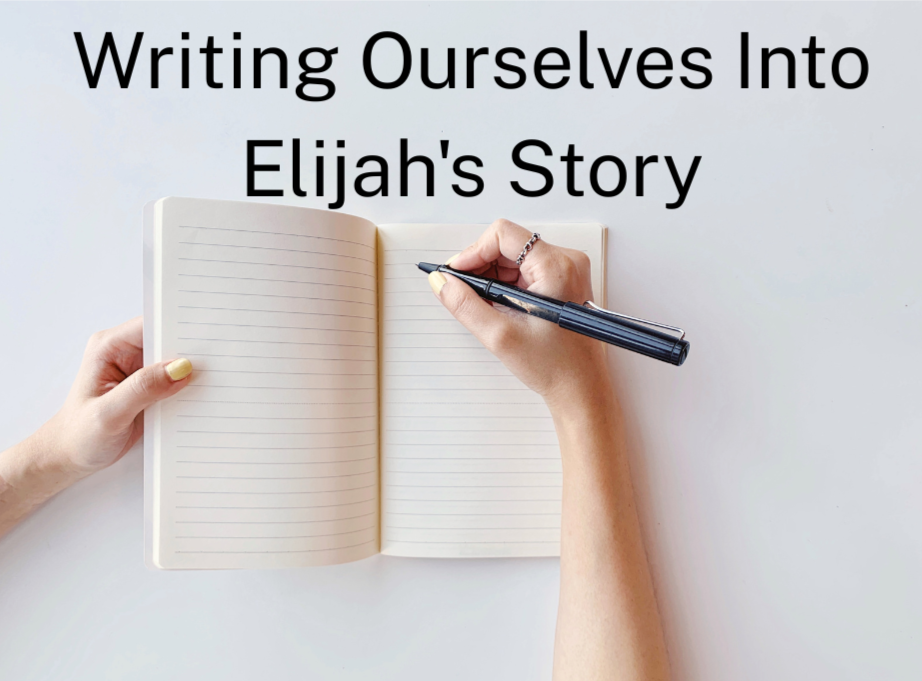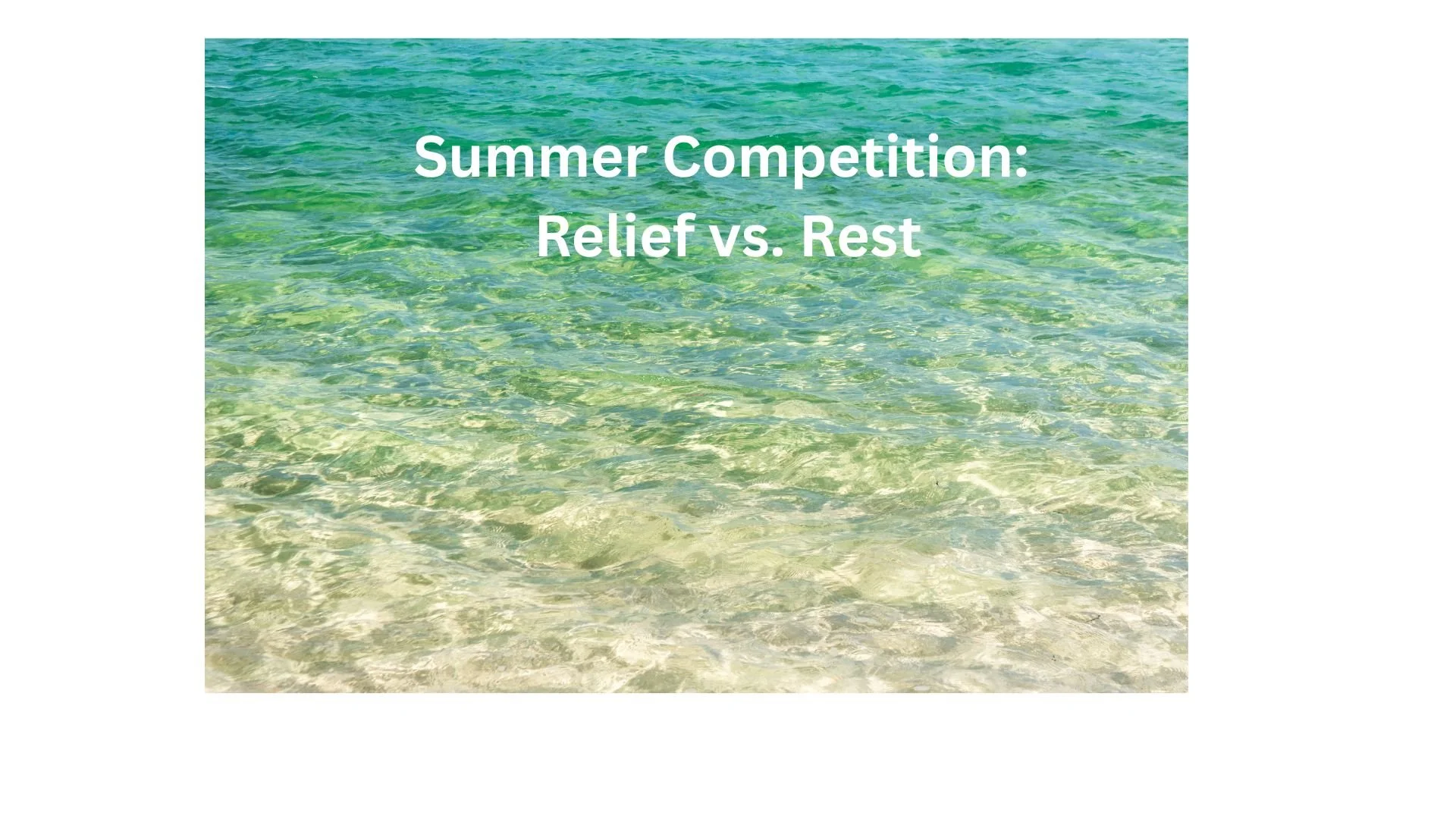“What Are You Doing Here?”
The ministry of food and sleep is real in the life of a child of God. Sometimes all we need is a nourishing meal and a restorative night’s sleep. But other times, a change in direction needs to occur. Walking through the events of 1 Kings 18 and 19, you and I lock step with the prophet Elijah and see a mirror into our souls.
Exhilarating Faith on Mount Carmel
Atop Mount Carmel, God, Elijah, Ahab, and Jezebel draw us into the drama found in 1 Kings 18. Here, the prophet demonstrates audacious, heroic, victorious faith.
Exhausted Faith in the Desert
Yet, after receiving a vicious death threat from his enemies, Ahab and Jezebel, in trepidation, Elijah flees to the desert and prays that he might die. “I have had enough, Lord; take my life.” (I Kings 19:1-5) Giving in to paralyzing fear, his faith melts, and he falls asleep.
Extraordinary Grace from Heaven
Then the Angel of the Lord, right in the middle of the desert, touched Elijah and provided him with food and water. (19:5) At that point, the exhausted man once again fell back asleep. (19:6)
Extended Travel and More Travails
Strengthened by more sleep and additional food and encountering a second visit from the Angel of the Lord (19:7), Elijah journeyed forty days farther away from his enemies, Jezebel and Ahab. This time, he held up in a cave to spend the night.
And there in that cave that the Word of the Lord came to him as a pivotal question (19:9):
What are you doing here, Elijah?
I wonder if it was: What are you doing here, Elijah? Or What are you doing here, Elijah? Or What are you doing here, Elijah?
Nonetheless, Elijah is not where God wants him to be. Furthermore, God makes His instruction clear: “Go back the way you came.” (19:15)
Now we witness the power of obedience. Obeying the Voice of God, Elijah went from there. As a result, he met Elisha. (I Kings 19:19) And, the miraculous partnership made its way into the canon of Scripture.
Bring this forward to our own lives.
Could it be that within each of us resides an Elijah? If honest, we must admit that, yes, we do see ourselves in the story.
Fear and fatigue contaminate our perspective of our situation.
Fear and fatigue drive us to places we should not go.
Fear and fatigue alter our perspective of God.
And yet, Elijah’s God is our God. Filled with grace, He tenderly meets us wherever we are. In a desert of discouragement and despair, or a cave of fear, chaos, and confusion, God makes His Presence known. “Where can I go from your Spirit? Where can I flee from your presence?” (Psalm 139:7)
But the game changer is our response.
The choice to stay where we are or obey the Voice of God and go back rests within us. Acknowledging that I am not where God wants me to be—in a relationship, a friendship, a pastime, a purchase, a perspective, a financial decision, or even a habit—God allows me to choose to return to the center of His will, and to be under His protection and be the recipient of His blessing.
Elijah had to answer God's direct question with intentional action. So do we.
Living With Eternal Intentionality®
“Now this is eternal life: that they know you, the only true God, and Jesus Christ, whom you have sent.” (John 17:3)
When did you find yourself in a place where you did not need to be?
How did you answer God's Question: “What are you doing here?”
What was the outcome?












